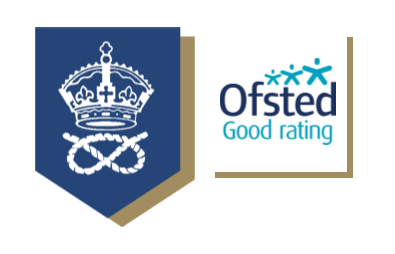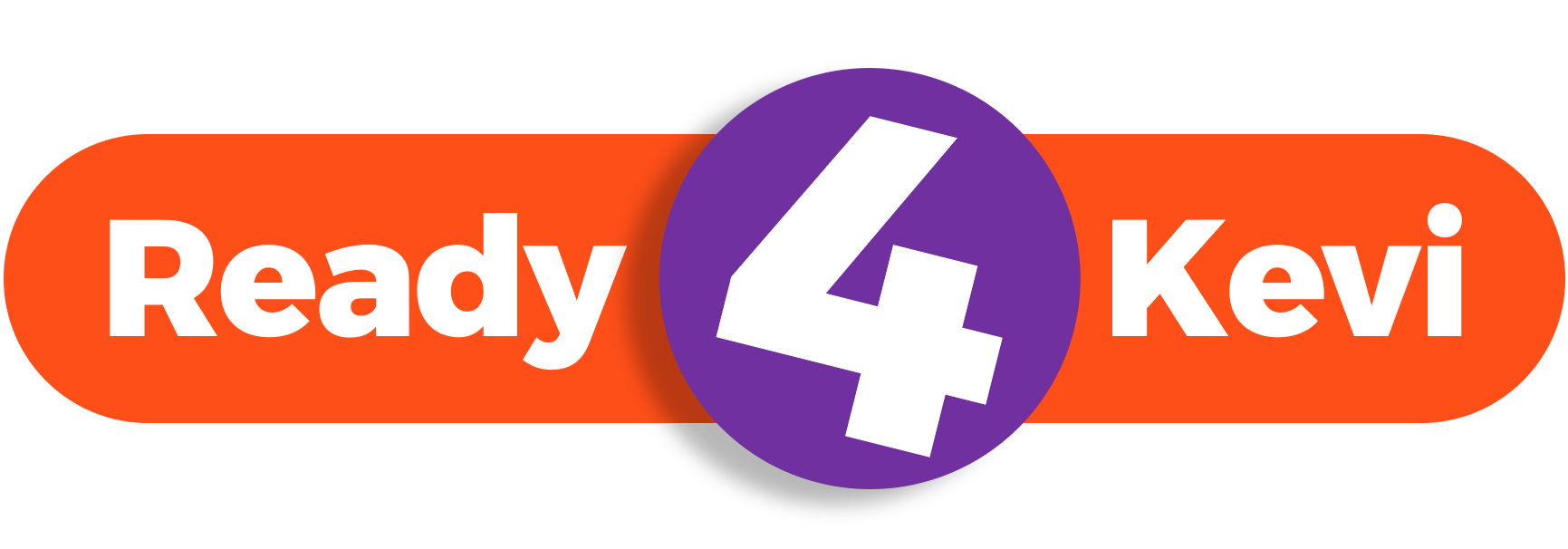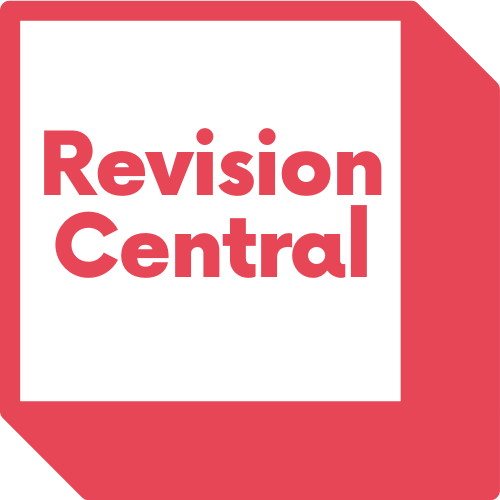GCSEWJEC Eduqas
A LevelOCR
Teaching staffLead Teacher
Mr D Lomas Teaching Staff
Mrs C M Austin Mrs N K Williams |
HistoryIn a world of change and reflection it has never been more important to consider the mistakes of our historic past and learn from them to plan our future. History is a fabulous subject that crosses all curriculum areas. History is everything around us, it is everywhere we look and it forms the foundation of our core beliefs and values. It teaches students about the world around them, developing a deeper understanding of current affairs. It helps students to develop key skills of reasoning, enquiry and logical thinking. It also helps students to become highly skilled by being independent thinkers and good team workers.
History is a popular option at GCSE and A Level and we cover over 2000 years of history in our seven years of study. Quick informationWhat do we teach?
<
>
Key Stage 3In the first two years, pupils follow the National Curriculum, where they develop their knowledge and skills according to their attainment target, taught by well-qualified and enthusiastic historians. Students study history topics ranging from 300BC to modern day, in chronological order. In Year 7 our students learn about life in Ancient China under the First Emperor, Shi Huangdi; how William the Conqueror defeated the Saxon King Harold at the Battle of Hastings in 1066; how people lived and survived during the measly Middle Ages, and the religious rollercoaster that were the reigns of the Tudor dynasty, leading up to the 17th Century and the "Events that Shook the People", such as the Gunpowder Plot, the English Civil War, the Rule of Oliver Cromwell, the Great Plague and the Great Fire of London. In Year 8 pupils will study the significant Industrial Revolution, examining how Britain changed over a relatively short period of time; they will investigate Slavery and the Slave Trade and understand its impact on the people it affected and the legacy it left behind; the major events of the 20th Century, beginning with World War One. Students look at its causes and its consequences and what life was like in the trenches. They then study World War Two; how Hitler rose to power in Germany, how he controlled his people and also how the people of Britain survived on the Home Front. Their final topic covers an in-depth investigation on the Holocaust, its causes and its legacy across the world. GCSEGCSE History allows students to develop their interest in, and enthusiasm for, history and an understanding of its intrinsic value and significance in the 21st Century; to develop and extend their knowledge and understanding of specific historical events, periods and societies; to acquire an understanding of different identities, including their own, within a society and an appreciation of social, cultural, religious and ethnic diversity.
There are four topics covered in GCSE History. These are:
In Conflict and Upheaval: England, 1337-1381 students cover topics on Edward III, the Black Prince, life in the 1300s and the Hundred Years' War with France. They also cover topics on the Black Death and the Peasants' Revolt of 1381. The topic on Germany in Transition, 1919-1939 focuses on the impact of the First World War and the rise and fall of the Weimar Republic; Hitler’s rise and consolidation of power and his ensuing dominance over Nazi Germany. We also investigate the causes of World War Two from the perspective of Hitler’s foreign policy. The Development of the UK, 1919-1990 covers the legacy of World War One on the UK into the 1920s, focusing on social, economic and political change. The course follows the ups and downs of the rest of the century from the Great Depression of the 1930s; the impact of World War Two; the massive changes the welfare state created for the country and the later affluence in the 1960s. Students finish the topic looking at the ‘Stuttering Seventies’ and the Thatcher years up to her demise in 1990. Changes in Crime and Punishment in Britain, c.500 to the present day is a very popular topic. The students look at how the cause and nature of criminal acts have changed across the different centuries. They also cover how law enforcement and punishments have changed over time. Students also complete a case study on a specific area and how it was affected by crime and punishment. There is support at both ends of the academic spectrum for the subject. Students who struggle to achieve are offered extra support from staff in the form of targeted planning and questioning, 1:1 support and revisions sessions. Gifted and talented opportunities lie in sessions delivered by Aberystwyth University as part of their transition programme. A LevelHistorians are trained to look for bias and prejudice in all the evidence they study. They know that human beings often have strong views on many subjects, which may affect the statements they make. There is no other subject that deals so well with sorting out what is useful and reliable evidence and what must be sifted out, than History. Imagine believing everything you read in the papers, or believing every statement that politicians make!
History helps you to make decisions about other people and to decide if you trust what they say. If you enjoy history, it can lead you to a great future. Look at Dermott Murnagha (journalist), David Sainsbury (Chairman of Sainsbury's), Diane Abbott (MP and broadcaster). You can also count the likes of Melvin Bragg, Anita Roddick (founder of the Body Shop), Monty Python's Michael Palin, Louis Theroux, Jonathan Ross, Al Murray and Coldplay's Chris Martin among other history graduates! The standard entry criteria to study in the Sixth Form are Grades 9-4 in at least seven different subjects, including English and Mathematics, which would usually be at Grade 4 or above. To study other subjects already taken at GCSE you must achieve at least a Grade 5 or above in that subject. Our topics include:
|
|
© King Edward VI High School 2023
All Rights Reserved A member of the Walton Multi-Academy Trust |
|
|




